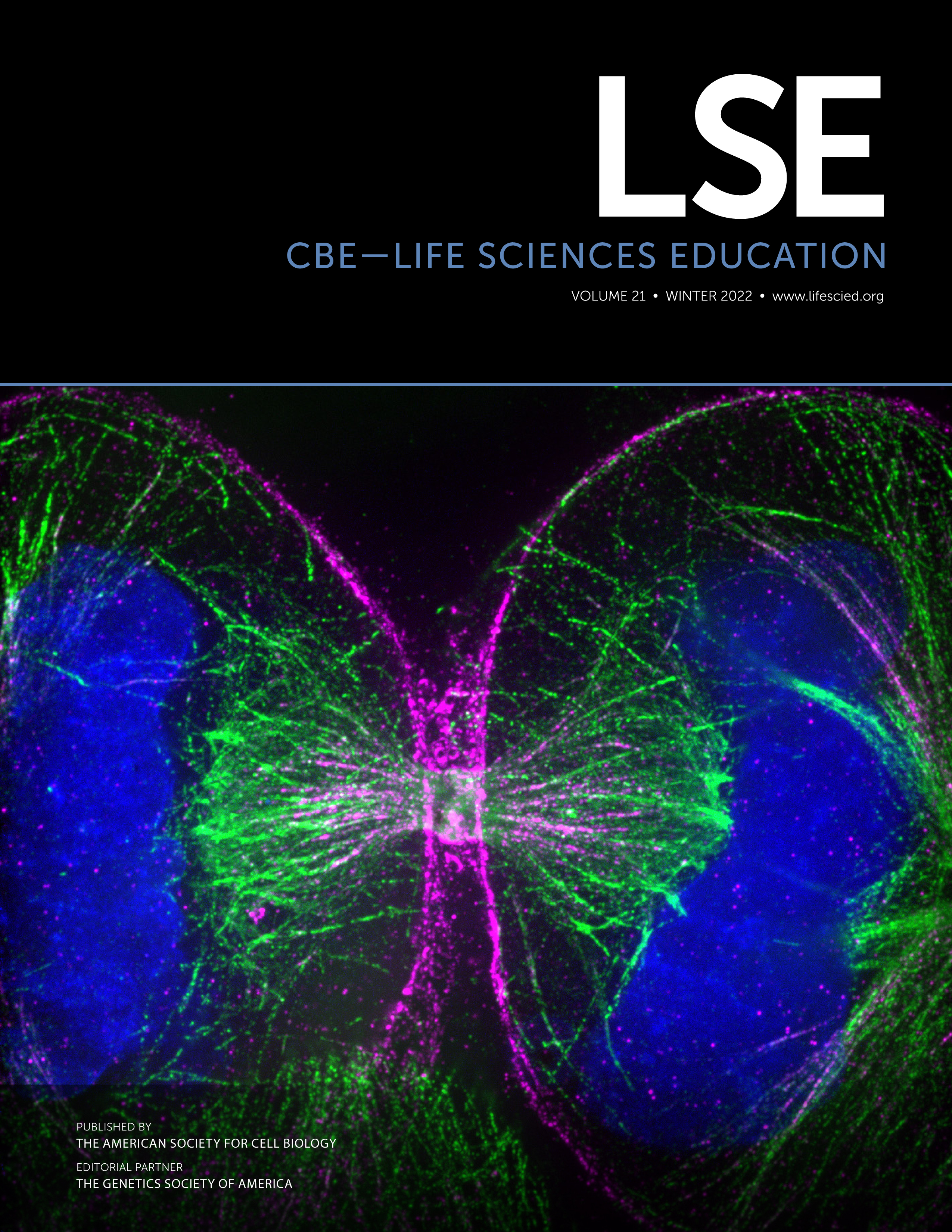Abstract
Successful people experiencing impostor phenomenon consider themselves less competent and less worthy of their positions or achievements. They attribute their success to luck, deceit, fraudulence, and others being kind to them instead of their own competence. Prior research has focused primarily on students in higher education; faculty experiences of impostor phenomenon in science, technology, engineering, and mathematics (STEM) fields are not well understood. The research question guiding this inquiry was: “What kind of academic events or activities could contribute to faculty experiences of impostor phenomenon in STEM?” Using a qualitative analysis of 56 interviews, this U.S.-based study examined occurrences and experiences among faculty who self-identified as experiencing impostor phenomenon. A prior survey from the same participants revealed that they were predominantly White and female, experiencing moderate, high, or intense impostor phenomenon. Thematic interview analysis revealed that impostor phenomenon could be related to the following: 1) peer comparison, 2) faculty evaluation, 3) public recognition, 4) the anticipatory fear of not knowing, and 5) a perceived lack of competency. A comparison with findings from the larger study revealed that there are commonalities among faculty, PhD student, and postdoctorate experiences of impostor phenomenon in STEM. This necessitates professional development opportunities that could address self-limiting beliefs across the academic pipeline.



